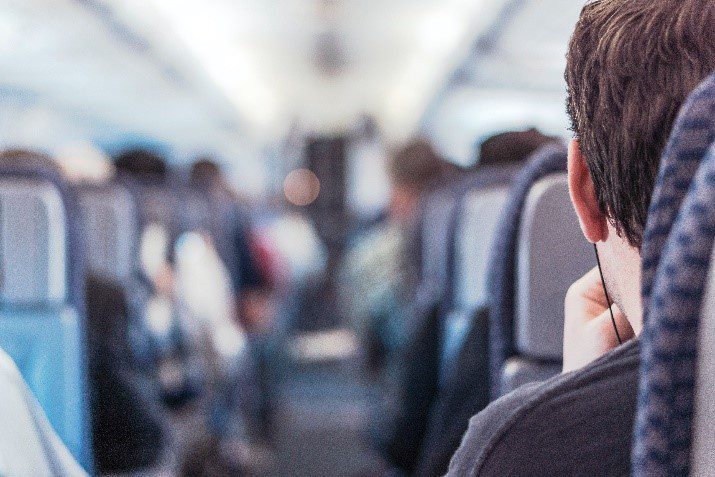Planning a trip is often an exciting but stressful endeavor, and you may approach the prospect with even more trepidation after bariatric surgery. It’s common to wonder if it’s safe for you to travel yet or how to adhere to the bariatric diet while flying. While it is true that you’ll need to make some provisions for travel, it is possible to do so safely and comfortably.
The following are several tips for flying after bariatric surgery:
Give Yourself Time to Heal
Some people choose to travel out of state for their bariatric procedure. It’s natural to want to return to the comforts of home as soon as possible, but the body takes time to heal. Most surgeons recommend waiting six-to-eight weeks before going on a flight. However, most people can’t put their lives on hold for that long. Some bariatric patients can return home by plane as soon as 48 hours post-op depending on their chosen procedure, the flight duration, and their surgeon’s recommendations.
Take Measures to Prevent Blood Clots
Blood clots, also known as deep vein thrombosis (DVT), are the biggest risk of flying after bariatric surgery. They form when sitting in confined or cramped spaces for long stretches of time. Bariatric patients can take several steps to reduce the risk of blood clots, including:
- Wearing compression socks
- Booking a seat with extra leg room to perform some leg exercises
- Walking around the cabin every 1-2 hours
- Taking any prescribed blood thinner on schedule
Pack Enough Medications, Supplements, and Vitamins for the Trip’s Duration
Your surgeon will recommend numerous vitamins and supplements to ensure you meet your nutritional needs after bariatric surgery. Bariatric patients need to ensure they pack enough of their vitamins, supplements, and any other medications they take to last through the whole trip. It’s also a good idea to bring these with you on the plane in case the airline delays or loses your checked bags. Keep medications in their original packaging and bring any relevant prescriptions to avoid hassles with airport security.
Stay Hydrated
Dehydration is the most common cause of rehospitalization after bariatric surgery. Carry a water bottle with you to keep pace with your hydration needs. Just remember to empty it out before going through security and to refill it after. If you forget your water bottle, let a flight attendant know the situation to avoid dehydration. Remember to take small, slow sips. Gulping or drinking too much water too quickly can cause nausea and stomach pain. The discomfort can make you forget to take your medication or prevent you from walking around during the flight.
Plan Your Meals in Advance
Your diet is a critical component for weight loss success after bariatric surgery. Airlines may provide small snacks for short flights and meals for long ones. However, the odds are high that they won’t be suitable options for bariatric patients. Pack pre-portioned snacks to take with you on the plane, and stick to your usual meal schedule. If you’re in the liquid stages of post-op recovery, your surgeon can provide a doctor’s note to allow you to bring protein shakes or other liquids the doctor recommends through airport security.
Flying after bariatric surgery requires some forward planning, but there’s no reason you can’t continue to travel after your procedure. Contact us to discuss your travel concerns or requirements following bariatric surgery.





